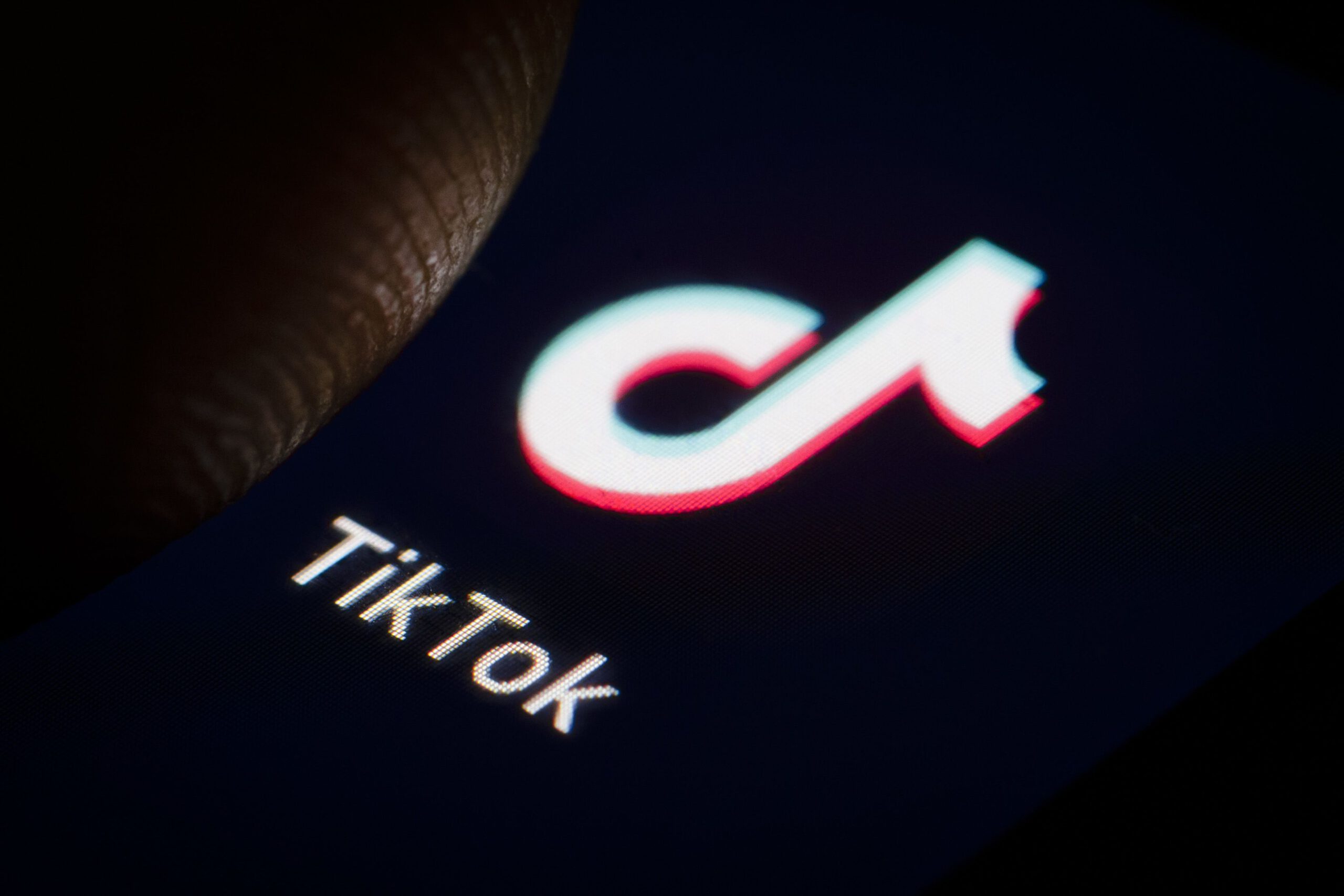
Masayoshi Son, chairman and chief government officer of SoftBank Group on the SoftBank World 2018 occasion in Tokyo, Japan.
Kiyoshi Ota | Bloomberg | Getty Images
SoftBank is studying the largest impediment to success for its $100 billion Vision Fund are the public markets. That’s the place founder and CEO Masayoshi Son’s long-term ambitions are colliding head-on with the near-term expectations of Wall Street.
The theme of Son’s Vision Fund, which has already deployed greater than $70 billion in dozens of firms (primarily privately held know-how firms) is to guess huge and transfer rapidly. In one of many fund’s first press releases, SoftBank defined the aim was to expedite constructing companies that can make the subsequent stage of the Industrial Revolution attainable, requiring “unprecedented large scale long-term investment.”
Founders constantly gush over Son’s emphasis to maneuver quicker with enlargement efforts and develop into No. 1 of their core space of enterprise, irrespective of the related prices. Son encourages his investments to push for as a lot market share as attainable, utilizing scale as their moat to aggressive threats.
But long-term funding in rising know-how firms is simpler when these firms do not have quarterly projections to hit and strain from public traders to show constant earnings progress. This week’s information that public traders are valuing WeWork at lower than $25 billion after SoftBank’s newest funding in January marked the corporate at a $47 billion valuation ought to give Son pause. Maybe going public does not all the time line up with the targets of the Vision Fund.
Of course, the Vision Fund is not a Kumbaya charity program. It’s a late-stage enterprise capital/non-public fairness fund, with investments from SoftBank, sovereign wealth funds from Saudi Arabia and The United Arab Emirates, and different know-how firms together with Apple, Qualcomm, Foxconn and Sharp. Everyone within the fund is there to make cash, and as a way to make cash, investments must be liquid. Going public continues to be the easiest way to make this occur.
Still, public monetization appears to be the largest wrench in SoftBank’s long-term technique. Uber, SoftBank’s different large funding ($7.6 billion), just lately went public to disappointing outcomes. SoftBank is now greater than $600 million underwater on its ride-sharing funding.
Its funding in Slack has fared higher: The agency invested round $335 million in Slack from 2017 to 2018 at between $8.70 and $11.91 a share. As of Friday’s shut, its stake was value simply over $1 billion. Even so, the worth of this stake has declined nearly 30% since Slack’s debut, and shares tumbled 8.8% on Friday to $27.38, the bottom for the reason that firm’s market debut in June and barely above the debut “reference price” of $26.
Public vs. non-public
SoftBank should still be confirmed proper.
Some of at this time’s tech giants, like Amazon and Netflix, have traditionally gotten lengthy leashes from public traders, who watched them lose cash for years whereas proving out their enterprise…
https://www.cnbc.com/2019/09/07/uber-wework-and-slack-public-valuations-show-softbank-vision-flaw.html














